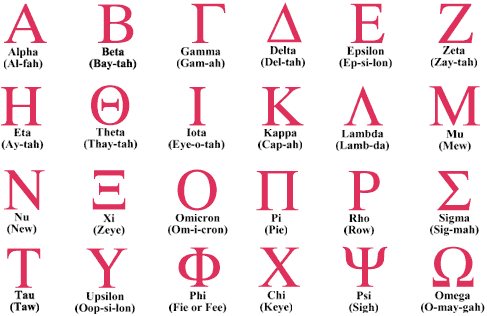| Word: | Definition: | Example: |
| Panoply | A vast and impressive array – or the complete armor of a hoplite. | There was a panoply of snacks on the party table. |
| Phalanx | A formation of heavily armed infantry soldiers, moving in close ranks as a single unit. | The phalanx system was a brutal but effective form of Grecian warfare. |
| Oligarchy | Government by the few – where a few people rule the many. | Ancient Sparta was an oligarchy. |
| Aristocracy | A class of people holding exceptional rank and privileges. | In the French Revolution, the pampered aristocracy were overthrown by the oppressed poor. |
| Democracy | A form of government ruled by the people. | In a democracy, the public choose their leader. |
| Tyranny | A form of government where one man holds unrestrained and absolute power. | Josef Stalin ruled a tyranny in the early Soviet Union. |
| Usurper | One who seizes an office or power by force or without the legal right to do so. | In Shakespeare’s Richard II, Bolingbroke is a usurper to the crown of Richard. |
| Hellespont | A thin strait separating European and Asian Turkey. | Xerxes brought a giant army across the Hellespont to invade Greece. |
| Epic | Denoting a long poetic composition centered on a hero and his exploits and dramas. | The epics of Homer are famous for their scope and imagination. |
| City-state | A sovereign state consisting of a city and its dependent territories. | Ancient Greece was separated into many city-states, or poleis. |

